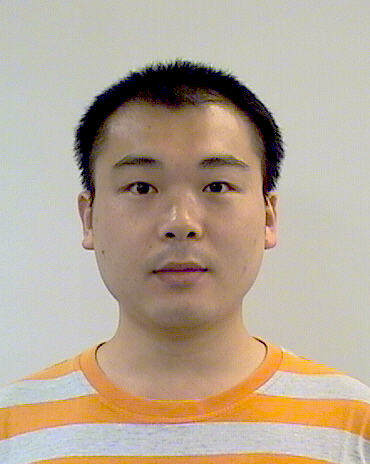
主讲人:Dr. Yanyan Xu
邀请人:孙剑 教授
时间:2018年07月31日(周二)14:30—16:30
地点:tyc8722太阳集团城102会议室
主讲人简介:
Yanyan Xu is a postdoctoral associate in the Human Mobility and Networks Lab, Department of Civil and Environmental Engineering at MIT, a guest postdoctoral fellow in the Department of City and Regional Planning, UC Berkeley and the Energy Analysis and Environmental Impacts Division, Lawrence Berkeley National Laboratory. He received PhD in Pattern Recognition and Intelligent Systems from Shanghai Jiao Tong University, China, in 2015. His research interests lie in the fields of data mining, human mobility, urban computing, with particular emphasis placed on the use of massive trajectory data in Intelligent Transportation Systems, Smart City, Environment and Energy from interdisciplinary perspective. His works in recent years include travel demand management during mega events using big data; revealing the impacts of traffic on the air quality using mobile phone data; and coupling electric vehicle charging with urban mobility. His work has been published in Nature Energy, IEEE Trans. ITS, Journal of The Royal Society Interface and among others. He is a peer reviewer for Data Mining and Knowledge Discovery, IEEE Trans. ITS, IEEE Trans. Veh. Tech., IEEE Trans. Mob. Com., IEEE ITS Mag. and TRB ADC20.
主讲内容简介:
Understanding human mobility has many applications in diverse areas, including spread of diseases, city planning, traffic engineering, financial market forecasting, and nowcasting of economic well-being. In the past years, we have studied problems concerning the use of various sources of large-scale data to better inform human mobility and collective travel behavior in cities. In this presentation, I will introduce two main works on the applications of human mobility: traffic demand management and the Electric Vehicles charging planning. In the first task, our target is to understand the impact of mega events using multiple data resources and design feasible travel demand management strategy for a global mitigation of traffic congestion. In the second one, we couple the urban mobility with EV charging plan to alleviate the pressure of power grid from the EV charging. In detail, we represent the mobility of EV drivers with massive mobile phone data in San Francisco Bay Area in USA, and shift the arrival and departure times of EV drivers to reduce the peak load of EV energy demand in the working area. These results open avenues for planning for the future of coupled transportation and electricity needs using personalized data.
欢迎各位老师、同学参加同路人学术论坛!
tyc8722太阳集团城研究生会
tyc8722太阳集团城青年教师沙龙